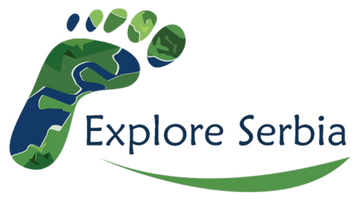If people already know each other, they shake hands or kiss, often three times on alternate cheeks When people are introduced, they shake hands and say their first name or first and last names, followed by Drago mi je (“I am pleased”). If people already know each other, they shake hands or kiss (often three times on alternate cheeks) and say Zdravo (“Hello”) or Dobar dan (“Good day”). In greeting an older person, a younger one must stand. Men always stand when greeting women. Adults are addressed by titles and their last names. Gospodin (“Mr.”), Gospodja (“Mrs.”), and Komšija (“Neighbor”) have reemerged to replace “Comrade.” Tetka (“Auntie”) and Cika (“Uncle”) are reserved for older people who are not family but for whom Gospodin and Gospodja are too formal. Except among close friends and family, people are never referred to by their first name. Serbs are quite open in public about their emotions and views that they hold passionately People spend a lot of time visiting and entertaining. Sitting for hours over cigarettes and a cup of coffee or some rakija (an alcoholic drink usually made from plums) is common. Serbs are quite open in public about their emotions and views that they hold passionately. Most visits are informal and unannounced or prearranged only a short time in advance. Guests often bring small gifts, such as coffee, wine, or a bottle of hard liquor. If you are visiting a Serbian friend for the first time, such a gift is usually expected. If you are invited to lunch or dinner with a Serbian family, be ready to eat more than you can 😊 For Serbian hosts, it is important to offer more food to guests that they can eat. This is a sign of hospitality and wealth. You will be offered food
If people already know each other, they shake hands or kiss, often three times on alternate cheeks When people are introduced, they shake hands and say their first name or first and last names, followed by Drago ("I am pleased") . If people already know each other, they shake hands or kiss (often three


